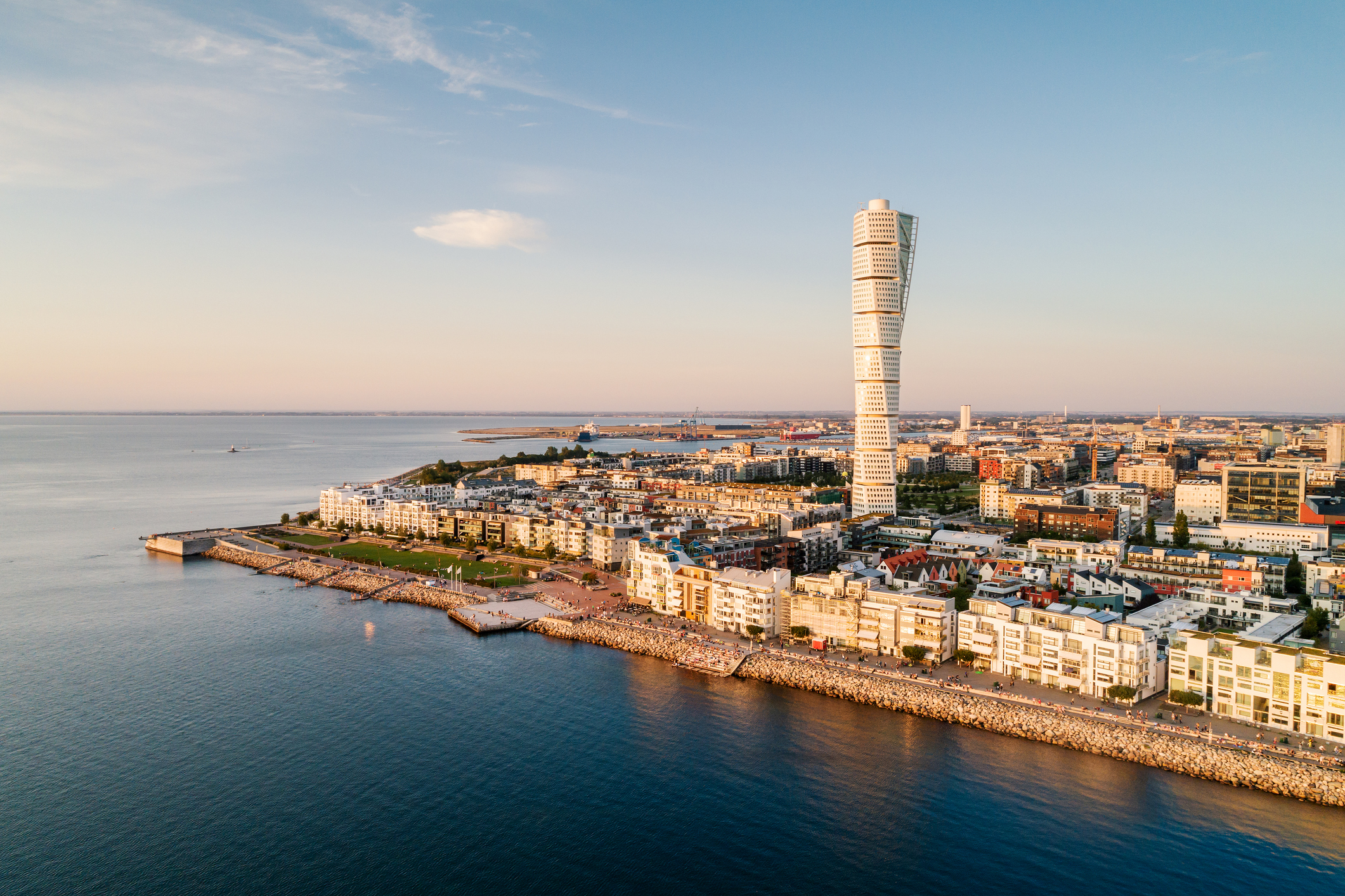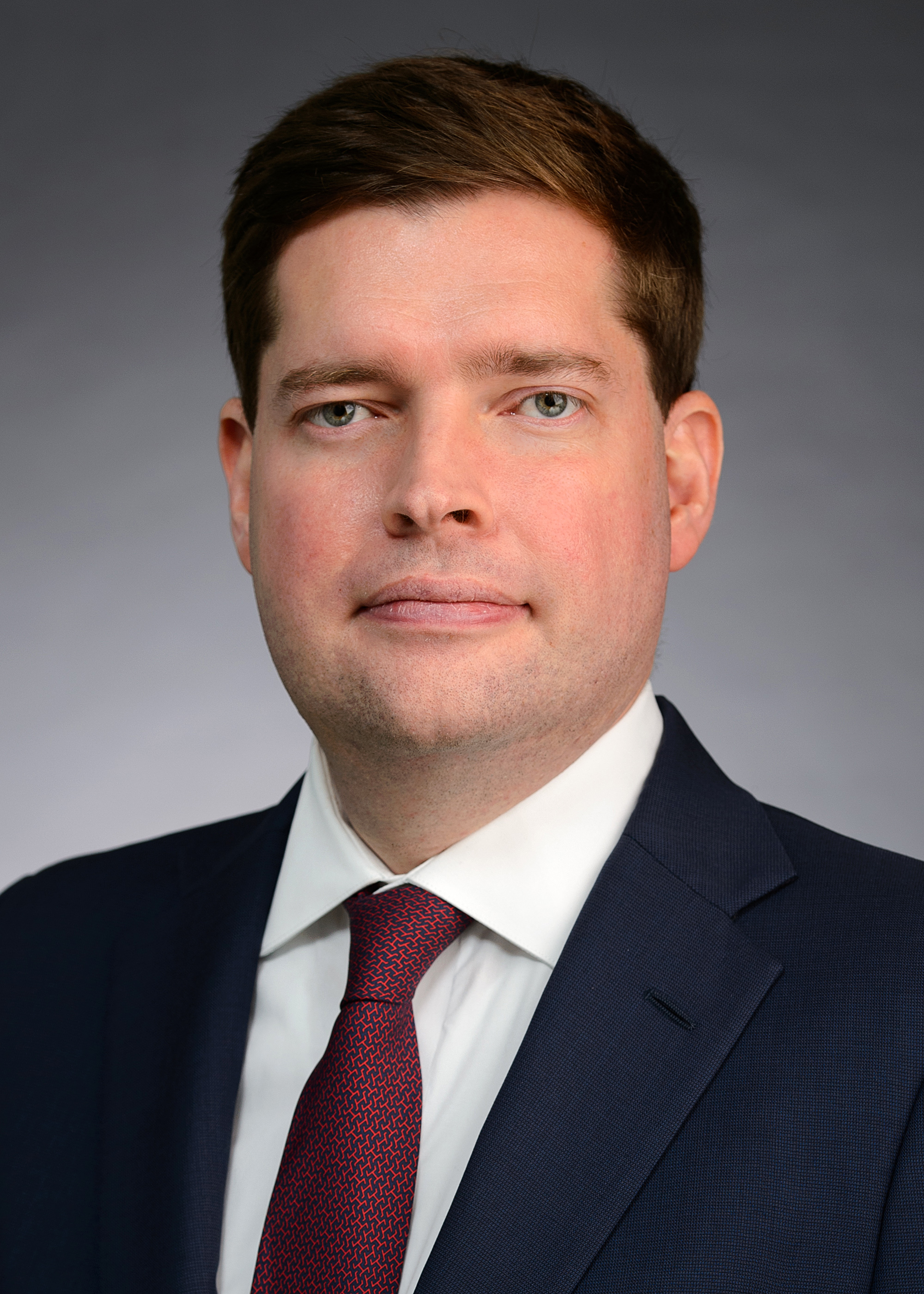Three European stocks set for sustainable profit growth
Marcel Stötzel, co-portfolio manager of the Fidelity European Trust, selects three European stocks to invest in


Get the latest financial news, insights and expert analysis from our award-winning MoneyWeek team, to help you understand what really matters when it comes to your finances.
You are now subscribed
Your newsletter sign-up was successful
Want to add more newsletters?

Twice daily
MoneyWeek
Get the latest financial news, insights and expert analysis from our award-winning MoneyWeek team, to help you understand what really matters when it comes to your finances.

Four times a week
Look After My Bills
Sign up to our free money-saving newsletter, filled with the latest news and expert advice to help you find the best tips and deals for managing your bills. Start saving today!
Our investment philosophy is to look beyond the economic and political noise to find continental European companies that can deliver superior returns over a three-to-five-year horizon. We look for firms that can deliver sustainable dividend growth, as history shows us that this characteristic is a marker of quality that can help to identify stocks likely to outperform the market. We seek to build a balanced portfolio and look for the best companies across sectors, favouring stocks with strong balance sheets, pricing power and a robust competitive position.
Top European stocks to invest in
Epiroc
Sweden’s Epiroc (Stockholm: EPI-B) is a global leader in underground and surface rock drilling. The company operates in an oligopolistic market and benefits from a very strong competitive position. Epiroc is well placed to capitalise on future commodity booms fuelled by long-term trends such as electrification and the growth of infrastructure. Meanwhile, a decline in the quality of ore is leading to a shift towards underground mining, which benefits Epiroc more than its peers owing to its superior product mix. The group’s customer base is extremely fragmented, which creates pricing power, and Epiroc also enjoys the benefit of repeated part replacements. As mining becomes more complex, Epiroc should be able to pass through higher prices and increase volumes. Epiroc is cash-generative and has low net debt, with an attractive and sustainable dividend. Given these positive fundamentals, we anticipate that Epiroc will be able to deliver high single-digit organic growth over the next five years.
Ryanair
Ryanair (Dublin: RYA), Europe’s largest low-cost air carrier, is the strongest player in a highly commoditised market. It has the best cost-management discipline of all European airlines and has historically delivered industry-leading returns on equity. The company has been the main European beneficiary of the post-pandemic recovery in demand for air travel as other suppliers (such as Wizz and Vueling) have struggled to boost supply due to their reliance on the delivery of new aircraft. This has supported pricing. Having stopped paying dividends during the Covid pandemic, Ryanair has recently announced a new dividend policy and share buyback programme. Emboldened by a secure balance sheet (the company has no debt) and high levels of cash generation, management has signalled its confidence in the firm’s ability to fund both buybacks and a progressive dividend policy.
MoneyWeek
Subscribe to MoneyWeek today and get your first six magazine issues absolutely FREE

Sign up to Money Morning
Don't miss the latest investment and personal finances news, market analysis, plus money-saving tips with our free twice-daily newsletter
Don't miss the latest investment and personal finances news, market analysis, plus money-saving tips with our free twice-daily newsletter
Bankinter
Bankinter (Madrid: BKT), a Spanish domestic bank, is an example of where we like higher quality, best-in-class companies that operate in an otherwise average market. Management has a strong record of capital allocation and the business pays an attractive, mid-single-digit dividend yield. The shares are highly sensitive to interest rates, but we think the long-term outlook justifies this potential volatility. Bankinter is one of the few banks in developed markets where we see genuine opportunities for organic growth, thanks to its client mix and focus on high-net-worth individuals, along with the backdrop of consolidation and restructuring happening in the wider Spanish market. This enables Bankinter to gain new clients through attrition as other players combine. Meanwhile, management has been investing in emerging operations in Portugal and Ireland to drive future growth.
This article was first published in MoneyWeek's magazine. Enjoy exclusive early access to news, opinion and analysis from our team of financial experts with a MoneyWeek subscription.
Get the latest financial news, insights and expert analysis from our award-winning MoneyWeek team, to help you understand what really matters when it comes to your finances.
Marcel Stotzel joined Fidelity as an analyst in 2014. He initially covered US tech as an MBA intern, before being hired full-time to cover European Software and IT services and thereafter European Aerospace, Defence and Airlines.
After a highly rated period in research, Marcel was promoted to Portfolio Manager and he has co-managed the Fidelity European Fund and Fidelity European Trust PLC since August 2020.
Prior to joining Fidelity, Marcel worked as an investment banker at Barclays. Marcel holds an MBA (INSEAD), is a CFA charter holder and graduated with a Business Science (Hons) in Finance from the University of Cape Town.
-
 Should you buy an active ETF?
Should you buy an active ETF?ETFs are often mischaracterised as passive products, but they can be a convenient way to add active management to your portfolio
-
 Power up your pension before 5 April – easy ways to save before the tax year end
Power up your pension before 5 April – easy ways to save before the tax year endWith the end of the tax year looming, pension savers currently have a window to review and maximise what’s going into their retirement funds – we look at how
-
 Three key winners from the AI boom and beyond
Three key winners from the AI boom and beyondJames Harries of the Trojan Global Income Fund picks three promising stocks that transcend the hype of the AI boom
-
 RTX Corporation is a strong player in a growth market
RTX Corporation is a strong player in a growth marketRTX Corporation’s order backlog means investors can look forward to years of rising profits
-
 Profit from MSCI – the backbone of finance
Profit from MSCI – the backbone of financeAs an index provider, MSCI is a key part of the global financial system. Its shares look cheap
-
 "Botched" Brexit: should Britain rejoin the EU?
"Botched" Brexit: should Britain rejoin the EU?Brexit did not go perfectly nor disastrously. It’s not worth continuing the fight over the issue, says Julian Jessop
-
 'AI is the real deal – it will change our world in more ways than we can imagine'
'AI is the real deal – it will change our world in more ways than we can imagine'Interview Rob Arnott of Research Affiliates talks to Andrew Van Sickle about the AI bubble, the impact of tariffs on inflation and the outlook for gold and China
-
 Should investors join the rush for venture-capital trusts?
Should investors join the rush for venture-capital trusts?Opinion Investors hoping to buy into venture-capital trusts before the end of the tax year may need to move quickly, says David Prosser
-
 Food and drinks giants seek an image makeover – here's what they're doing
Food and drinks giants seek an image makeover – here's what they're doingThe global food and drink industry is having to change pace to retain its famous appeal for defensive investors. Who will be the winners?
-
 Tony Blair's terrible legacy sees Britain still suffering
Tony Blair's terrible legacy sees Britain still sufferingOpinion Max King highlights ten ways in which Tony Blair's government sowed the seeds of Britain’s subsequent poor performance and many of its current problems
